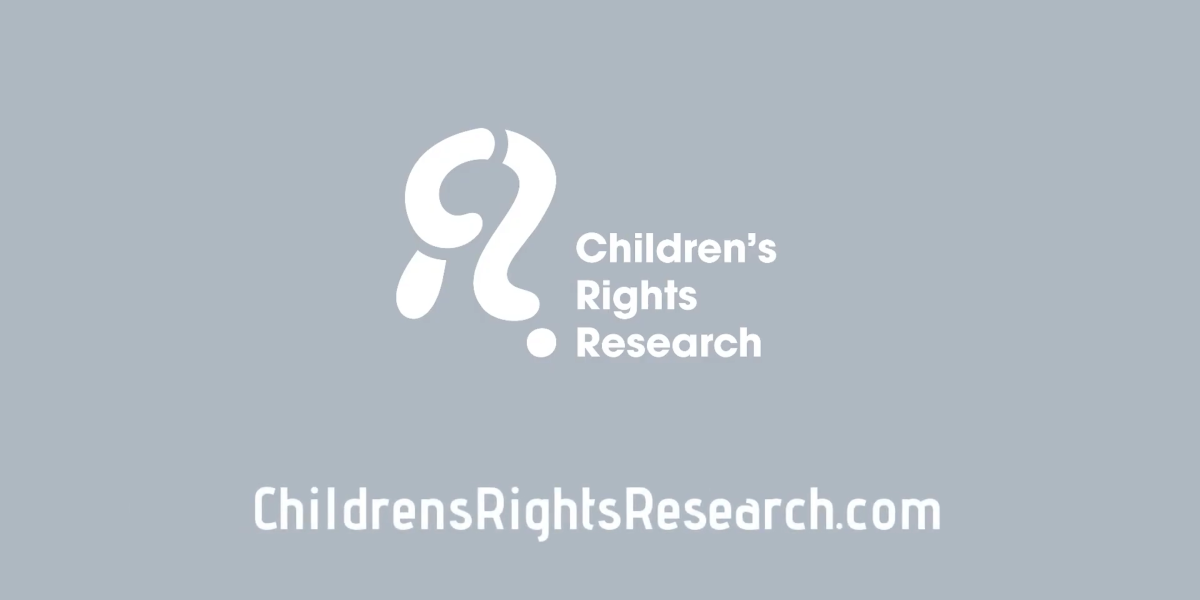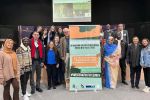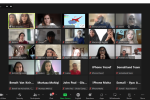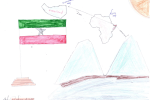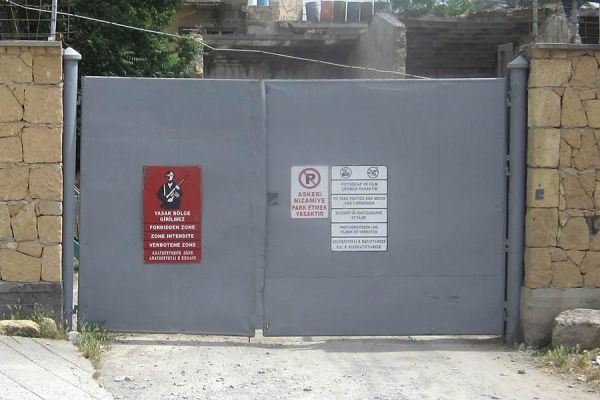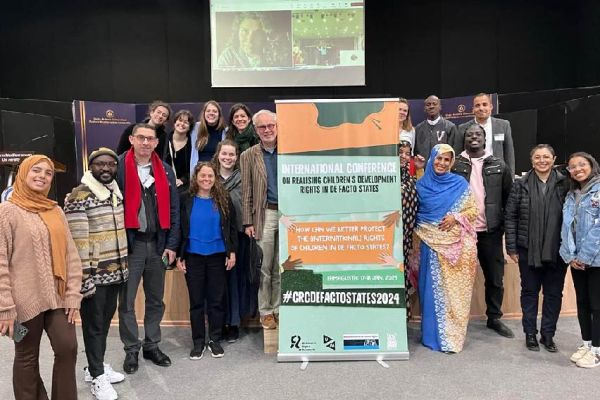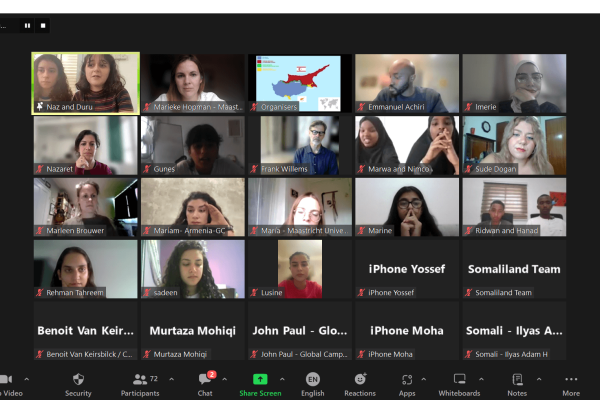Dear all,
Those of you who were already following children’s rights research, which used to be mostly my PhD project, you may have noticed that we have been out of touch for a while. This was for two reasons:
- Shortly after defending my PhD “Looking at Law Through Children’s Eyes”, our first child Samuel was born and I was on leave for a while.
- We received (a lot of!) funding for a new children’s rights research project, a project that discusses the rights of children living in conflict zones, and that therefore is very politically sensitive. To not jeopardize the field research for this project, we did not share any information about it. Until now!
Now that our first data collection phase is finished, I am very happy to tell you all about this project. The official title of the project is: “Invisible Children: a rights-based approach to development for children living in unrecognised states. Including case studies in Abkhazia, Palestine, the Sahrawi Arab Democratic Republic (SADR) and Somaliland”. The video below gives a short impression of what the project is about:
Why is this research important?
According to the most fundamental principles of the international community, “We, the peoples of the United Nations” acknowledge that all humans, including children, are entitled to universal, fundamental rights. Similarly, the UN Sustainable Development Goals (SDGs) are universally agreed objectives for “all children”. Nevertheless, there are children who left behind, namely: children living in unrecognized states.
These children are disadvantaged in that:
- their development rights are generally not protected under international human rights law
- their development rights are generally not the object of study, as there are few incentives to research these areas
- there is generally no political or popular interest for these children
- there is limited access to development aid
- non-recognition hinders the development of these states, which negatively affects children’s development rights with lasting effects for future generations
From the child’s perspective, growing up in an unrecognized state has a major influence on their development. As one student in the Turkish Republic of Northern Cyprus told us:
"It hurts when I am growing [up] because all dreams that you have are limited […] you can’t really evolve roots because something might come up, like a [political] solution that will change the whole game."
What does the study look like?
The main question for the project is: (How) can development rights of children living in unrecognized states be better realized? To answer this research question, a group of researchers is working together to study these three subjects:
- Conceptualizing what development rights actually entail for children living in unrecognised states from an international law perspective. We want to know what rights, if any, children living in unrecognised state have under international law. This includes the question of whether children living in unrecognised states are stateless.
- Developing a theoretical framework and methodology to study the different norms related to the protection/violation of children’s development rights in different socio-legal contexts. Concretely, this means that we develop a theoretical framework and methodology for studying the protection/violation of children’s rights in the very different legal and social systems in which these children from different cultures live.
- Formulating - through field research and literature study – a deeper understanding of legal and non-legal normative mechanisms that protect/violate development rights of children living in four unrecognized states: Abkhazia, Palestine, the SADR and Somaliland. Basically, we want to know what the situation of children’s rights is in these unrecognised states.
The total project takes four years and has a total budget of € 788.665. It is funded by the NWO WOTRO Joint SDG Research Initiative, the UM Children’s Rights Research Fund and both financial and in-kind contributions of organisations and researchers involved in the project.
What’s next?
From now on you can expect regular updates on this website from our research team and blog/vlog contributors. A draft report on the first case study (the child’s right to freedom of expression in Moroccan-controlled Western Sahara) will be published in a few weeks. You can follow me on social media (Twitter & Facebook) for regular updates.
